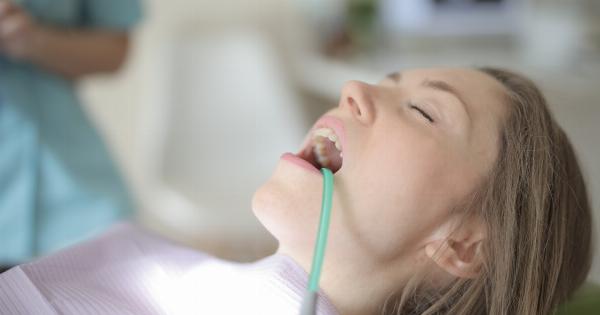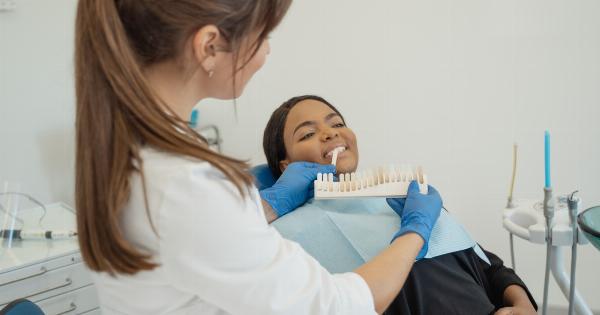As a parent, it is important to ensure your child is healthy and hygienic at all times. One of the areas that require careful attention is genital hygiene. Proper genital hygiene is essential in preventing infections and maintaining good health.
Here are some guidelines to help you maintain proper genital hygiene in your children:.
1. Teach Your Child Proper Wiping After Using the Bathroom
Proper wiping after using the bathroom is essential for maintaining good genital hygiene. Teach your child to wipe from front to back to avoid transferring bacteria from the anus to the urethra and causing urinary tract infections.
Girls should be taught to wipe from front to back after urinating and bowel movements to prevent vaginal and urinary tract infections.
2. Keep the Genital Area Clean and Dry
Genital hygiene involves keeping the genital area clean and dry. Teach your child to bathe or shower daily and to pay special attention when cleaning the genital area. When drying, use a soft towel to pat the area dry, instead of rubbing vigorously.
3. Choose the Right Clothing
The clothing your child wears can affect his or her genital hygiene. Dressing your child in clothes made from breathable materials such as cotton can help prevent moisture buildup in the genital area.
Tight-fitting clothes, on the other hand, can trap moisture and provide a breeding ground for bacteria and fungi.
4. Encourage Your Child to Wear Underwear
Teach your child the importance of wearing clean and dry underwear. Underwear acts as a barrier between the genital area and clothing, preventing genital secretions from coming into contact with clothing and reducing the risk of infections.
5. Keep Your Child’s Hands and Toys Clean
Children can easily pick up bacteria when they play with toys or touch surfaces. Make sure your child’s toys are cleaned and disinfected regularly, and encourage him or her to wash hands before using the bathroom or touching the genital area.
6. Avoid Harsh Soaps and Detergents
Harsh soaps and detergents can irritate the sensitive skin around the genital area. Choose mild soaps and detergents when washing your child’s clothes and when cleaning the genital area.
7. Teach Your Child about Proper Hygiene
As your child grows, it is important to teach him or her about proper hygiene. Encourage your child to ask questions, and explain why proper genital hygiene is important.
Teach your child to recognize the signs of infection, such as itching, burning, and redness, and to report any symptoms to you.
8. Schedule Regular Checkups with a Pediatrician
Regular checkups with a pediatrician are essential in maintaining good genital health in children. Pediatricians can check for signs of infection and provide advice on how to maintain proper genital hygiene.
9. Be Alert for Signs of Infection
Parents should be alert for signs of infection. If your child complains of itching, burning, or pain, or if you notice a discharge or rash in the genital area, seek medical attention right away.
Early treatment can prevent complications and help your child recover faster.
10. Create a Hygiene Routine
Creating a hygiene routine can help your child develop good habits that will last a lifetime. Establish a routine for bathing, brushing teeth, and using the bathroom.
Make sure your child knows the importance of genital hygiene and incorporates it into his or her daily routine.






























